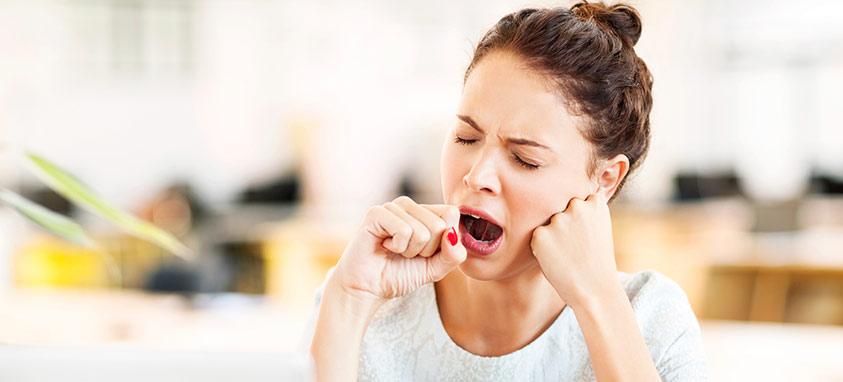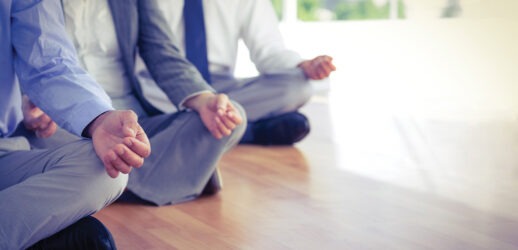Do you have a hard time waking up in the morning without a lot of coffee? And do you find yourself reaching for even more caffeine to ward off the invariable mid-afternoon slump? How’s that working for you? Is it giving you the energy you need? What’s the most effective form and dose of caffeine to help us maintain optimal productivity? Read on.
Caffeine and Energy
Realize that if all you were to eat or drink was coffee or tea, you’d eventually die of starvation. That’s because black coffee and tea contain just 5-10 calories. And, if you look up “calories” in the dictionary you’ll find that it’s a measurement of energy. We can’t get energy from just 5-10 calories.
To get energy to move our bodies, make decisions, and stay emotionally balanced, we need food and drink that contains calories. That’s why it’s important, even if you want a morning caffeinated beverage, to still eat a nutritious breakfast to provide the fuel to optimally operate this body.
While caffeine doesn’t provide energy, research finds that caffeine does increase focus and attention. So, caffeine may help you better focus on the task at hand or react faster.
Optimal Dosing
If caffeine is a must for you, consider switching to smaller cups throughout the day, rather than a big mug mid-afternoon. Research shows that just 50-100 mg is adequate for increasing alertness. And, too much caffeine increases symptoms of nervousness and anxiety, which make focus more difficult.
What does 50-100 mg of caffeine look like? A lot less than what most of us drink. That’s the amount found in one shot of espresso, a can of caffeinated soda, a cup of tea, or just 6–8oz of coffee (that’s tiny).
Dosing Strategies
If you’re thinking, “Heck no, I need more caffeine than that” my guess is that your body is craving something other than caffeine–more sleep, small amounts of food more often (rather than just a couple of large meals) or maybe even more water.
Yes, water. Did you know that just 1 percent dehydration can cause lack of focus, fatigue and irritability? It may even bring on headaches for those who are susceptible. Have you ever looked at the color of your urine first thing in the morning? Chances are it is bright yellow…which is a sign of dehydration. If some of your morning sluggishness is due to dehydration, you might get similar alertness results from drinking a large glass of water before having a smaller cup of caffeine.
And because caffeine’s half-life is 4–6 hours—meaning that your body removes half the caffeine from your blood stream in 4–6 hours—your focus and attention might benefit from consuming a smaller cup in the morning, followed by a small cup at noon and again mid-afternoon.
Caffeine and Sleep
Considering caffeine’s average 4–6 hour half-life, realize that even when you get ready for bed in the evening, some of the caffeine from your early morning beverage will still be floating around in your body. Watch this quick 1 minute video for a visual explanation of why it takes roughly 24 hours to eliminate the 400 mg found in one venti cup of coffee at 6 a.m. That’s why it’s a good idea to skip the large mugs and drink a few smaller cups throughout the day—stopping around 3 p.m.
Dr. Jo is a wellness expert and certified speaking professional who focuses on inspiring busy professionals to stay energized, healthy and sane. She’s the author of six books, including Reboot – how to power up your energy, focus, and productivity. Often called the “voice of reason” in this over-crowed wellness arena, she prefers her morning caffeine in the form of a can of Diet Coke and a few squares of dark chocolate.
For more information, visit https://www.drjo.com.





